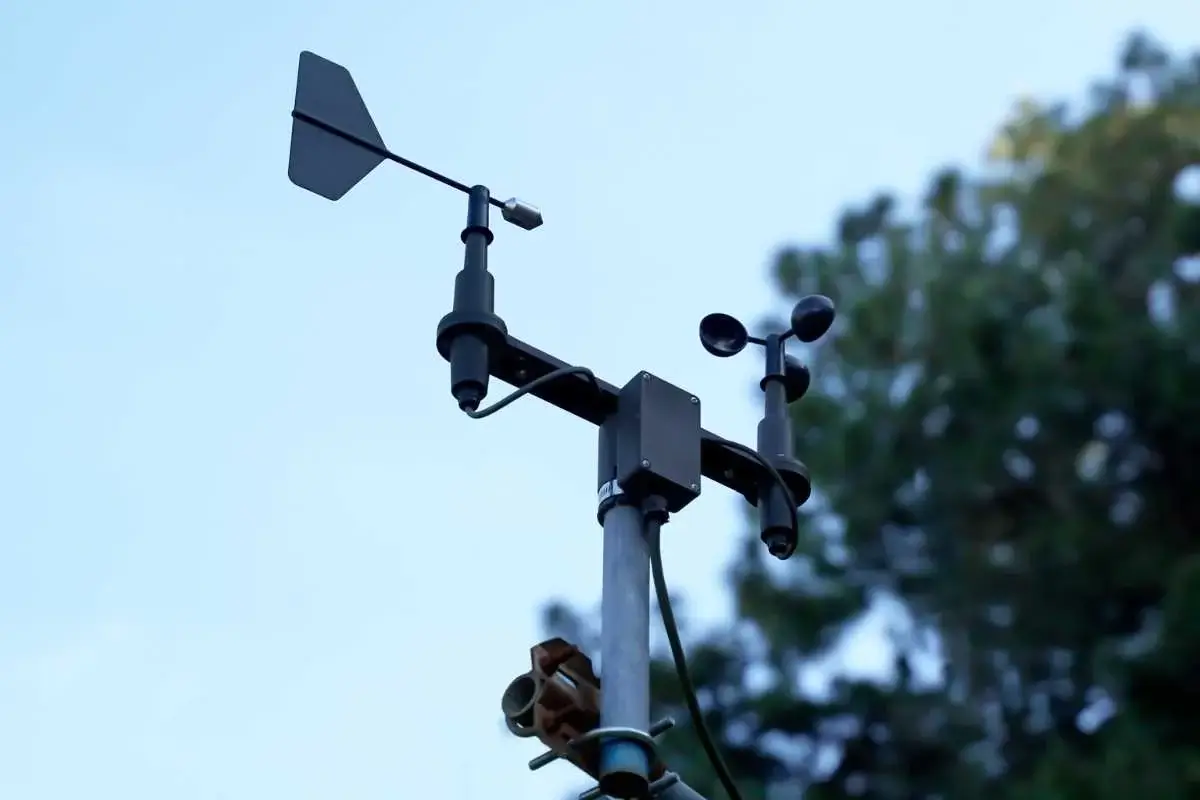
Advanced weather forecasting technologies are playing a vital role in helping societies adapt to the realities of climate change. With the increasing frequency and intensity of storms, floods, and heatwaves, accurate forecasts have become more important than ever. Tools powered by satellites, artificial intelligence, and high-performance computing provide early warnings that allow communities to prepare and respond before disasters strike. These forecasts save lives, protect property, and support industries such as agriculture, energy, and transportation in planning for and mitigating climate-related risks.
However, forecasting systems still face challenges in accuracy, accessibility, and implementation. Many regions, especially underserved or remote areas, lack access to reliable forecasting data and early warning systems. Expanding access to these tools can help ensure that vulnerable populations are not left behind. Continued innovation, international collaboration, and investment in research are key to improving the precision of forecasts and making them widely available.
How can artificial intelligence and machine learning improve the accuracy of weather forecasts in a changing climate? What challenges prevent forecasting systems from reaching their full potential, and how can these be addressed? How can governments, private companies, and international organizations work together to make advanced weather technologies accessible to all communities? What ethical issues arise when using weather data, especially in vulnerable regions? How can accurate forecasting help individuals and industries build long-term resilience against climate-related disasters?
Use the online submission form when sending your articles to help us track all of your submissions. Please try to write about the above topic. Your response should be at least 1,000 words.
To receive credit, your effort is what matters. You should find ways to contribute thoughtful ideas that will help others. Feel free to use personal stories or other information that you want to share, but do not use real names or other identifying information. You may write your response in the space provided or upload your response. Once we review your response, you will receive credit.
Click the button below to submit your article and get your credit.